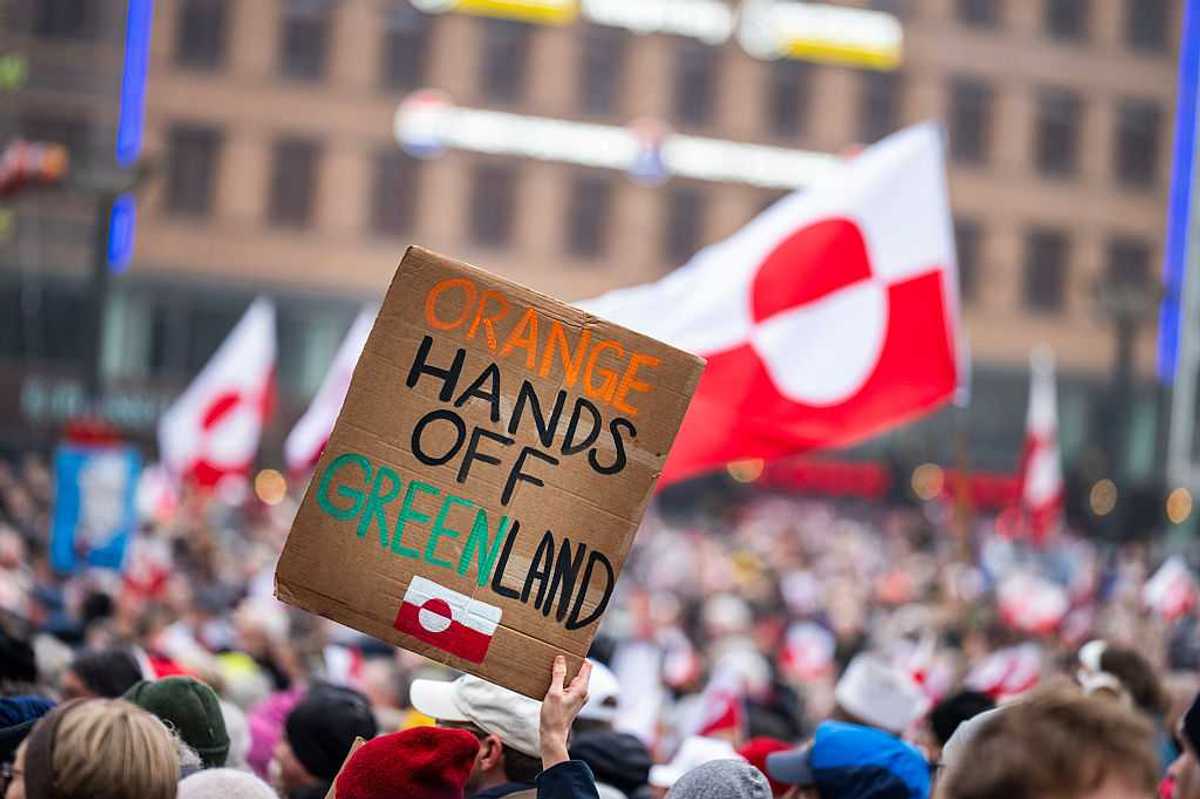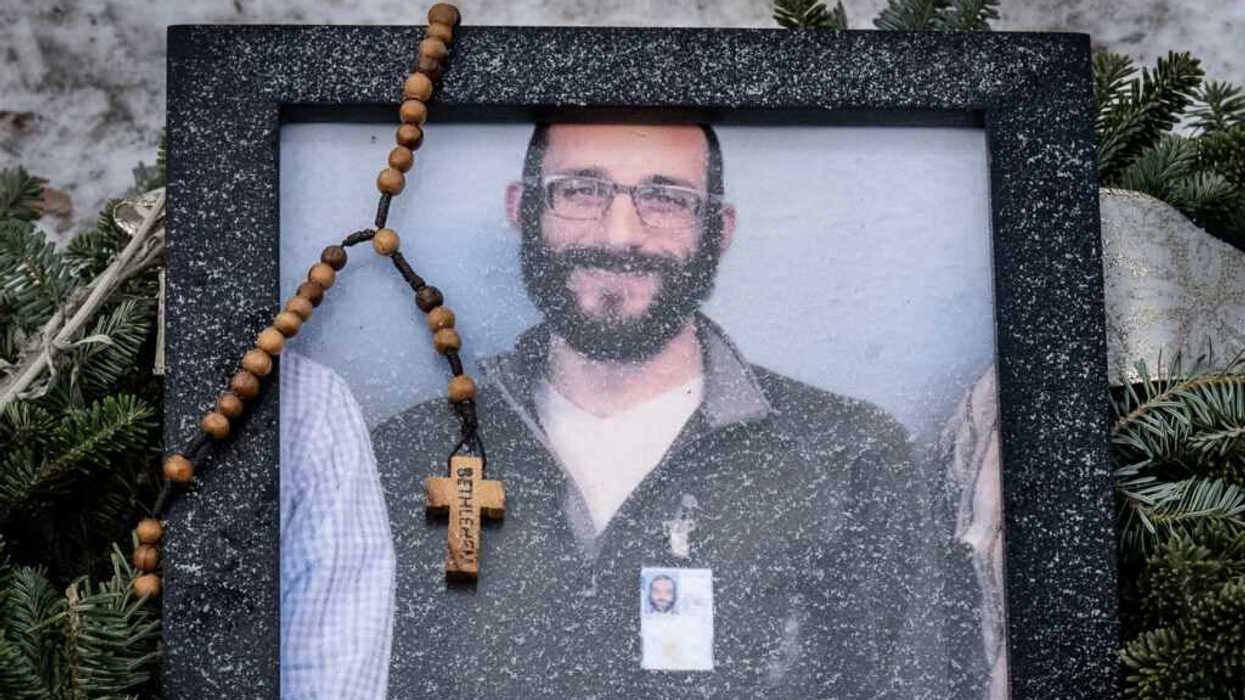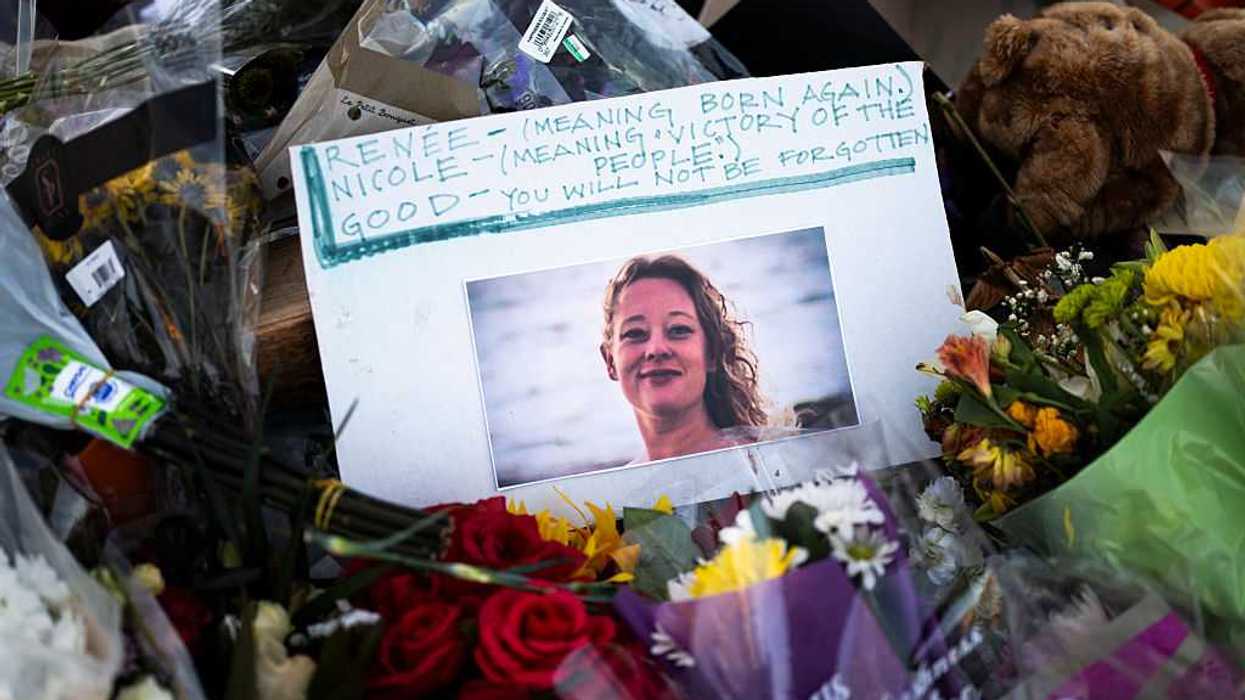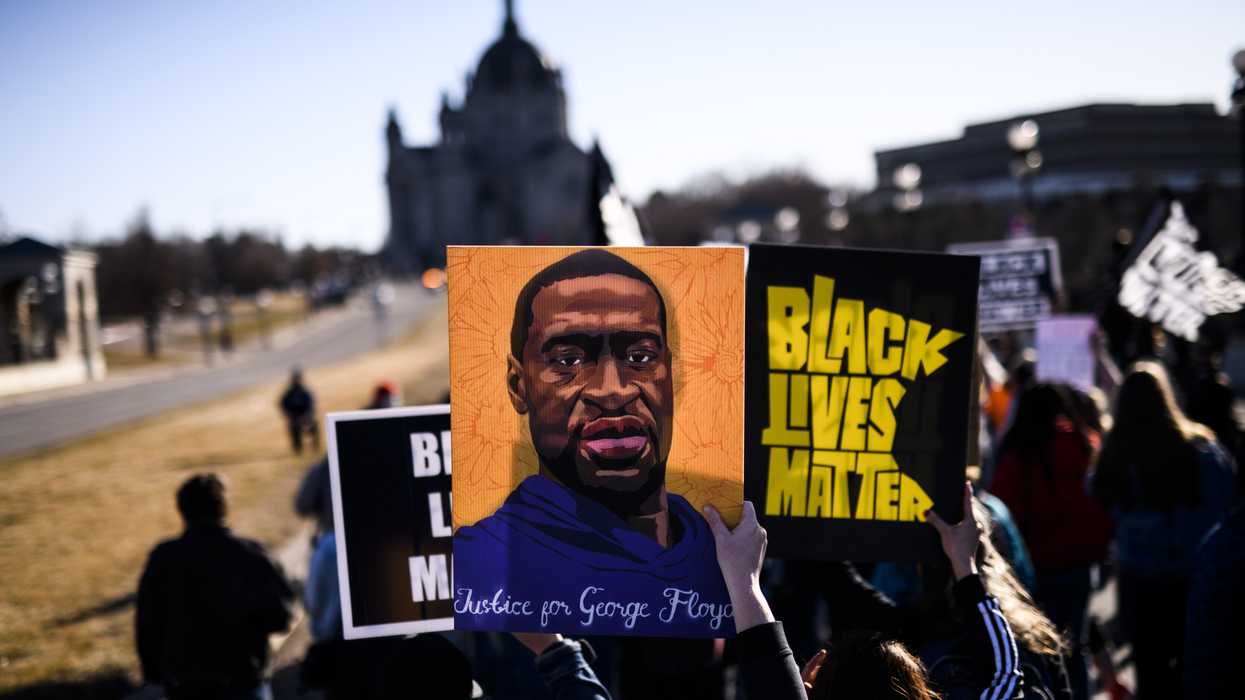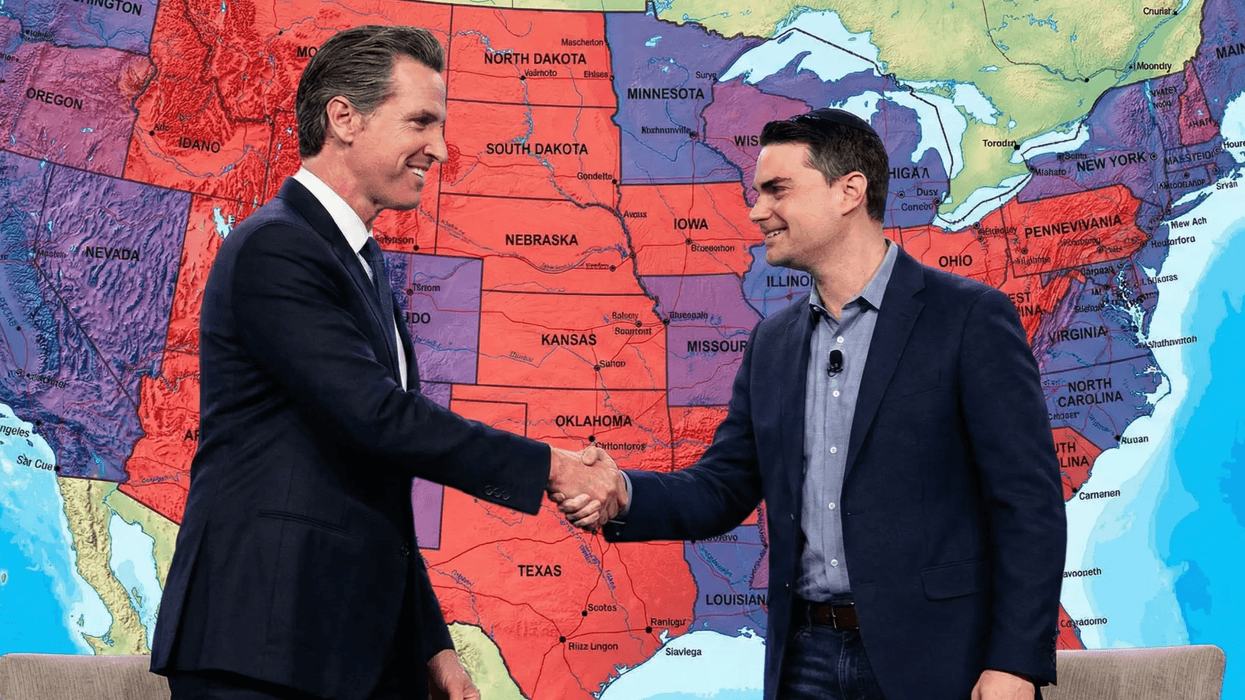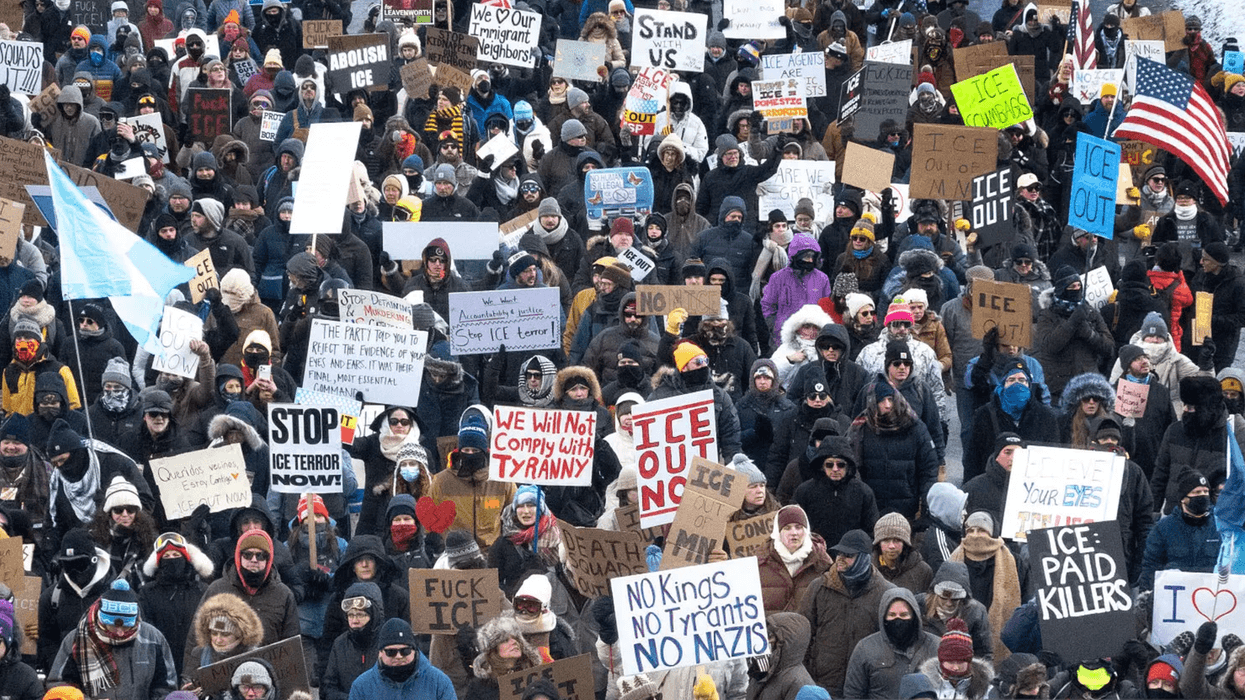Kevin Frazier is an Assistant Professor at the Crump College of Law at St. Thomas University. He previously clerked for the Montana Supreme Court.
I’m not proud to admit it, but I’m a better husband when my mother-in-law visits. I walk a little faster to get to the door. I add a few extra “pleases” and “thank you's.” And, I’m slightly less cheap--making sure I cover some meals, cocktails, etc.
Theoretically, I should do all these things on a daily basis -- trust me, my wife deserves it. In practice, it’s human nature to be a little “extra” when you’re in the presence of someone with accountability power -- a product of their ability to impose significant consequences on you and their likelihood of doing so.
If I didn’t bring out my A game around my mother-in-law, there’s some chance that she’d caution her daughter against a life with a selfish or stingy partner. That’s why she has accountability power over me - although I like to think I’m on her good side at this point, even the slim odds of such a dire consequence is enough to put a little pep in my step.
Mapping accountability power relationships explains a lot of how the world works. Your boss, for example, wields substantial accountability power over you. They can fire you (significant consequence) and will fire you if you continually fall short of expectations (high probability).
Your colleague, on the other hand, has far less accountability power. Worst case, they complain to your boss about something you’re doing (low-to-medium consequence). And, that worst case is somewhat unlikely given that most co-workers try to give their colleagues the benefit of the doubt (low probability).
Allocating accountability to different individuals and groups can drastically change behavior. Following the Supreme Court’s decision in Citizens United v. FEC, wealthy donors, corporations, and special interest groups faced fewer barriers to investing their substantial funds in elections. As a result, typical Americans have seen their accountability power disappear faster than a toddler trying to avoid clean-up time.
Today, megadonors to political campaigns have vastly more accountability power over politicians than Average Joes and Janes. First, they have more to give -- a politician has a significant incentive to make sure they’re the recipients of those funds, rather than their opponent (significant consequence). Second, they are more likely to give -- megadonors have specific policy goals in mind; they actively search for whichever candidate will do the most to advance that goal and will act on that information (high probability).
Under this theory of accountability power, it’s no wonder politicians think less about potholes and more about tax loopholes. The main tool Americans use to hold politicians accountable--their vote--is of minimal consequence (when analyzed in isolation) and has a relatively low probability of occurring (a lot of folks don’t vote).
Making politicians responsive to Main Street Americans requires increasing our collective accountability power. We need mechanisms to impose significant consequences on politicians and we need to demonstrate our willingness to do so. As long as donors have the money and means to dictate elections, our primary means of holding politicians may not come through the ballot box. Restoring our collective accountability power, then, requires some democratic imagination.
This short piece can’t cover all uses of that imagination, but one place to start is with proxy voting. This mechanism is a regular feature in shareholder elections as well as in some labor union elections. Voters in those elections can delegate their voting rights to someone to vote on their behalf and in line with their preferences. If used in democratic elections, elected officials would face greater pressure to comply with public demands as a result of “increased” voter turnout and, likely, greater public attention to official’s actions.
Another is citizen’s assemblies. Imagine if 100 randomly-selected individuals convened on an annual basis to set an agenda for their elected officials. With this agenda in place, voters would have an easier means of assessing whether their elected officials acted on the will of the community rather than the will of those with the largest wallets.
Both of these ideas need a lot of work, raise a lot of controversial questions, and deserve consideration. Our politicians aren’t accountable to “we the people”. That’s a big problem that requires some big ideas.



